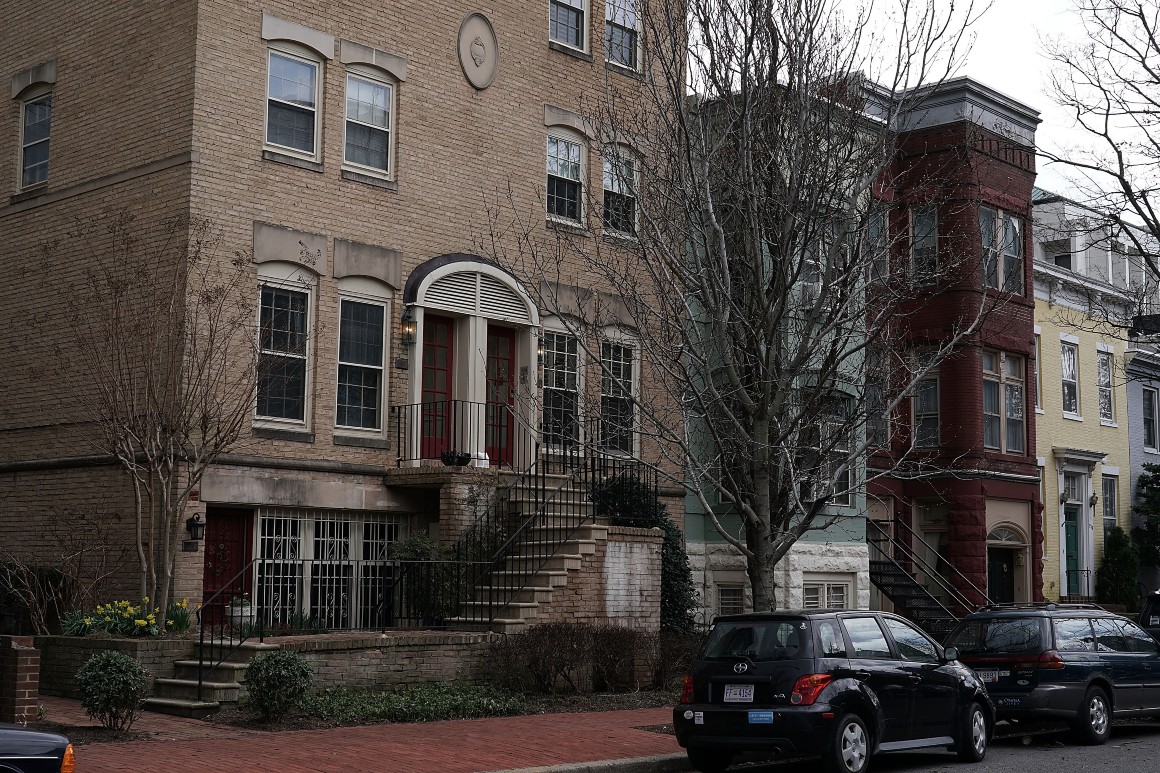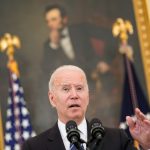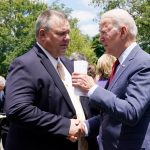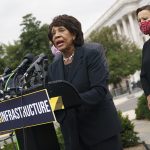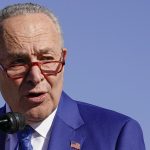From their lofty offices along K street, Washington lobbyists have spent decades trying to pull the levers of power. But changing times sometimes call for changing scenery, and these OG influencers are trading luxurious office space near the White House for quaint, intimate townhouses right across the street from Congress. Today, Playbook co-host Tara Palmeri with lobbyists Brian Bell and Scott Eckart and POLITICO’s Hailey Fuchs on why lobbyists are flooding Capitol Hill townhouses, and whether proximity equals power.
On the value of good location for lobbyists:
“It’s worth it just for the convenience and the ease and the access. I mean, when I sit between Cafe Berlin and Bistro Cacao, so like most days, I can tell you who’s having lunch with who. And that information is important.” — Scott Eckart, founder of Emergent Strategies lobbying firm
”It’s often hard to get a member of Congress down to your office on K Street. So these offices are located very conveniently for just social interactions between people on K Street and people on the Hill. “ — Hailey Fuchs, POLITICO’s money and influence reporter
On the multipurpose allure of Capitol Hill townhouses:
“We did a cost-benefit analysis because we’ve been renting a house for years and years and the prices of rents went up, and everything was getting basically astronomical just to rent. It’s almost like a trifecta. One, we save on hotels because now our members can stay there. Two, that is our office. We don’t rent office space by association. So we use the house. And third, the icing on the cake, is basically that, as everybody knows in Washington, D.C., it’s about building relationships. That’s how you get things done. And now we are able to have events where members of Congress can come over in a much more relaxed atmosphere. But also, and here’s the cherry on top: location, location, location. … We’re right there on New Jersey Avenue. In fact, we kind of kid about it: Some of the members of Congress could almost yell in their votes from how close we are …” — Brian Bell, pilot-advocate for the Allied Pilots Association
On the lobbyist attempt to influence lawmakers:
“Part of it is subconscious, right? They want members to just think highly of them and think highly of their organization … if the member has a good, positive time at their townhouse. And so I think there’s hope that it will create a positive relationship in the long term so that if this group ever needs something, it needs to call in a favor, that that relationship is there. A big part of Washington advocacy and Washington influence is just building relationships long term so that, you know, you have that relationship if you ever need a favor.” — Hailey Fuchs
“One of the reasons I think the townhomes play such a critical role in the business that we are in, you know, especially in this new normal we’re in, people can come here and not worry about whether the restaurants are open or not.” — Scott Eckart
“We have tons of meetings with the staff, but there’s just something special when you’re actually talking to that member of Congress and saying, ‘sir, ma’am, congressman, congresswoman.’ What gives us credibility or authenticity is, you know, I’m an actively flying pilot. I fly triple sevens for American out of Dallas. So in my conversations, I might be able to say, ‘Hey, you know this issue we’re talking about? Hey, last week I had this. I observed it.’ It’s right there for them. It’s the real deal, instead of somebody that might be up there lobbying who isn’t a pilot and says, ‘Hey, I heard from a pilot.’ Now they’re actually being able to say, ‘Wow, OK. I talked to Brian or I talked to Jonathan and I talked to Sean, and it happened to them.’” — Brian Bell
On the risk of lobbyists stepping outside of the legal boundaries:
“The concern is always there, but I think because of the way we do our procedures, that scrutiny is gone because we’re going to hold to the law, whatever it is, and make sure we’re not even going to go near the gray areas or anything like that.” — Brian Bell
